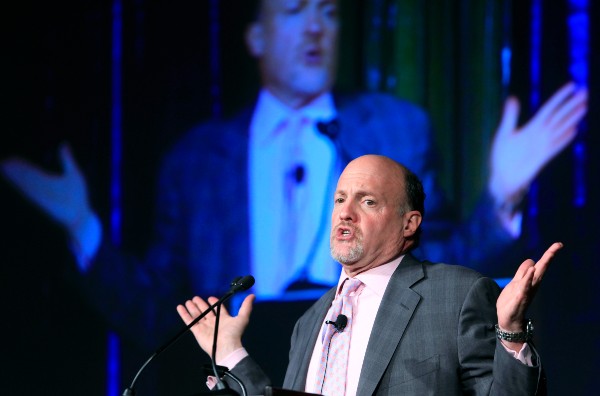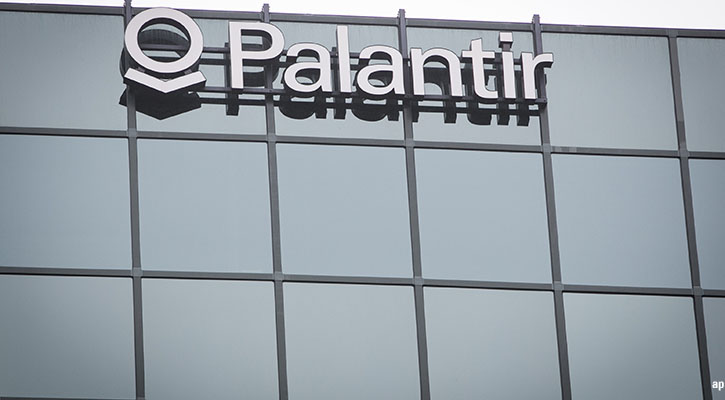
Bank Rings in Rate Rise
As expected, the Bank of England increased interest rates to 3% this week. Less expected was the number of phones on loud during the press conference – including Bailey’s own – and its gloomy forecast that the UK faces the longest recession for 100 years. The economic downturn is predicted to last until summer 2024 but although rates are rising, the governor sought to reassure homeowners that this, perversely, may mean homeowners aren’t facing quite as significant hikes to mortgage costs next year. Given the grim outlook, interest rates are now not expected to rise as quickly or as high in 2023, which should impact the pricing of fixed-rate mortgage deals. Bailey said these won’t be going up by the margins predicted in the immediate aftermath of the mini-Budget. It was also noteworthy that not one of the Bank’s monetary policy committee members was pushing for rate rises above 0.75 basis points this month, and two of nine actually wanted a lower increase.
From FAANG to Apple Only
Apple (AAPL) is one of the few big tech stocks to have avoided a massive sell-off in recent weeks. Its latest quarterly figures showed profits were ahead of expectations, although iPhone sales (and associated services) were below forecasts. Interestingly though, it was higher-than-expected sales of one of its older products, desktop computers, that have helped it deliver more positive overall results. While shares in Meta (META), Alphabet (GOOGL) and Amazon (AMZN) have all tumbled on the back of a slowdown in digital advertising and concerns about a squeeze on spending, an uptick in Apple shares on the back of these results means it is now worth more than these three tech rivals combined.
Date Set for Dashboard Launch
Finally, a date has been set for the launch of the pensions dashboard, the long-running government initiative that will eventually allow savers to see all their pension plans on one website. Pension firms have been told by regulators that they need to be "dashboard ready" by August next year, with the aim of allowing public access to the site the following summer. As well as giving information on how much money is saved in different workplace and personal pension plans, the dashboard should also give clearer information on charges and returns. The government hopes this help people plan for their retirement, as well as track down lost pension funds.
King Unleashes Horror on Musk
This week, we also witnessed an exchange between new owner and now sole director of Twitter Elon Musk and best-selling horror writer (and prolific tweeter) Stephen King. Musk tweeted that celebrities and "trusted commentators" – like King – might soon have to pay a $20 monthly fee for their "blue tick" verification. The suggestion was roundly rejected by King, in words that might not be censored on Twitter but are here, before adding, "if this is instituted I’m gone like Enron". Bizarrely, Musk then started haggling with The Shining author, noting "bills need to be paid" and asking if he’d pay an $8 fee instead. Does Musk think King is short of $12 each month? As one commentator put it, perhaps Musk should have worked out how these bills were going to be paid before shelling out $44 billion.
Doors Fall Off Designer Furniture Maker
Shares have now been suspended in furniture specialist Made.com (MADE). The company is on the brink of collapse after it failed to find a buyer in preliminary talks, and, as a result, has stopped taking new orders and will be appointing an administrator. Made.com aimed to source high-end furniture direct from designers and manufactures and saw profits surge in the lockdown, with many people renovating living spaces and spending more on home items. Sales grew by 63% in the first three months of 2021 to £110 million but the cost-of-living crisis and huge problems in supply chains have led to falling orders and delays sourcing and delivering stock. The company has, however, said it received proposals from interested parties to buy parts of its assets, business and brands, which could mean customers who are currently left in limbo may get refunds for undelivered orders.
Dating Resilient to Downturn
The cost-of-living crisis hasn’t stopped people "swiping right" in a bid to find love, or at least a date for the night. The owners of Tinder, one of the world’s biggest dating apps, say paid subscriptions rose 7% over the third quarter of 2022. However, Match Group (MTCH), which also owns the dating sites Hinge and OKCupid, said customers were spending less on extra features, such as "Super Likes" and "Boosts", which can make profiles more visible.
No Celebration for Bounty-Lovers
Christmas might not be the same for many households this year, so you have to wonder why the UK’s chocolate manufacturers seem hellbent on making things even worse. First Quality Street announced that it is ditching its coloured foil wrap for a rather joyless plastic alternative. Now we hear Mars Wrigley has announced it will be jettisoning Bounty bars from selected Celebrations tubs this year, claiming 40% of people "hate" the desiccated coconut treat. While this writer can’t claim to have undertaken UK-wide market research, I strongly suspect that 40% is largely under the age of 25. That means middle-aged Generation X-ers (who buy the blooming things) are at least left with something to enjoy after their locust-like teenagers have picked out their faves. Of course, it could all be a PR-ruse to get Celebrations in the headlines before Christmas.
BP Profits Up Again
There is growing expectation that the government will impose a more significant windfall tax on the energy sector after BP (BP.) reported profits of £7.1 billion between July and September this year, more than twice the amount it made over the same period last year. This followed a similar surge in profits from its competitor Shell (SHEL) the week before. It has been widely reported that the chancellor Jeremy Hunt is looking to extend the current levy on oil and gas companies in this month’s budget from 25 to 30%, given these bumper profits. It has also been suggested this new tax could be levied on electricity generators, and may last until 2028. If these plans go ahead this could raise some £40 billion for the treasury and go some way in plugging the black hole in the nation’s finances.
Investors Bemused by Pension Jargon
Let’s be honest: most of us have been left scratching our heads at some of the acronyms used by the pension industry. But a recent survey marking Pensions Awareness Week shows just how widespread this confusion is, with 75% of respondents not knowing what any of 10 "commonly used" abbreviations mean. The data showed just 2% of people knew what "ESG" stood for. The most recognisable term was "Sipp", but even here only 8% of people correctly identified that this stood for Self-Invested Personal Pension. Perhaps if those working for insurance companies learned to communicate, we wouldn’t need a whole awareness week and would be a lot better informed about our retirement options.
Publishing Mega Deal Bookshelved
The proposed $2.2 billion mega-merger between publishing giants Penguin Random House and Simon & Schuster is off after a ruling by US competition authorities. The presiding judge concluded that any deal would "substantially" lessen competition in the publishing industry, potentially affecting bidding rights for authors, and choice among readers. Penguin’s lawyers have said it will appeal the decision, adding that even as a merged entity the two separate divisions would compete for publishing rights. This claim was rubbished in court by none other than Simon & Schuster author Stephen King (remember him from Twitter?), who told the authorities: "you might as well say you're going to have a husband and wife bidding against each other for the same house. It's kind of ridiculous."








.jpg)




















